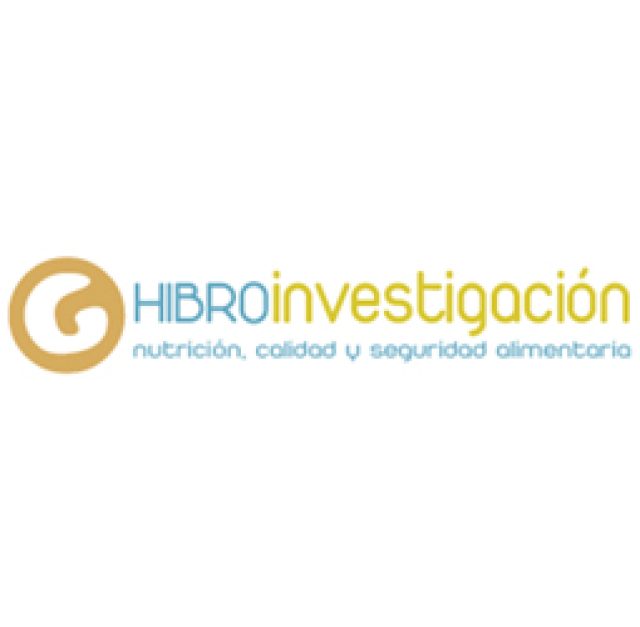- Institution: University of Cordoba
- Department/Service: Dept. of Bromatology and Food Technology. Food Microbiological Safety Area (Biosafety Level 2 and 3).
- Location:
Rabanales Campus, Darwin Building– Annex. Road Madrid-Cádiz km 396-A
14014, Cordoba - Web: http://www.uco.es/hibro/es/
- Contact:
Araceli Bolívar Carrillo
Phone: (+34) 677197820
Email: t12bocaa@uco.es
Collection content
Collection belonging to the HIBRO group (PAIDI AGR-170) consisting of pathogenic, spoilage and endogenous bacteria isolated from food and food environments.
- Microbial group/s: Bacteria
- Total number of strains: ∼500
- Taxa (number of strains):
-Latilactobacillus (15)
L. curvatus
L. sakei
-Lactiplantibacillus (65)
L. pentosus
L. plantarum
L. argentoratensis
-Lactococcus (15)
-Lacticaseibacillus paracasei (6)
-Pediococcus (56)
-Limosilactobacillus fermentum (9)
-Levilactobacillus brevis (4)
-Enterococcus (32)
E. faecium
E. faecalis
-Enterobacterias (80)
Enterobacter
Escherichia coli
Salmonella Infantis
-Staphylococcus (62)
S. aureus
S. warneri
S. carnosus
-Others
Listeria monocytogenes (13)
Pseudomonas (34)
Aeromonas (2)
Bacillus cereus (3)
Klebsiella (9)
Serratia (7)
Pectobacterium carotovorum (1)
- Isolation source/Origin : Most meat products, fish products, water and processing industries.
- Preservation method: -80°C (20% glycerol)
- Information management: Excel file
- Characterization level: Identification to genus and species level by 16S and/or MALDI-TOF, and subsp./serotype in some, with information on date of isolation and origin. Antibiotic resistance genes have been characterised for some.
Services offered
Expertise
Key words: pathogens, spoilers, shelf life, predictive microbiology, molecular biology
Summary:
The Food Hygiene Research Group (HIBRO, PAIDI AGR-170) has extensive experience (>25 years) in microbiological food analysis and in the field of predictive microbiology, which is currently of great relevance in the establishment of Hazard Analysis and Critical Control Point (HACCP) systems and provides scientific support for shelf-life estimation and microbiological risk assessment.

